Risks and Regrets
Photo by Sammie Chaffin on Unsplash
In the summer before my senior year of college, I had the inspired idea to become a syndicated columnist. By that point in my academic career I had compiled enough credits that I could take light loads in my final two semesters. So, I thought, why not take advantage of a relatively relaxed year to jumpstart my writing career?
My plan was to offer a weekly humor column to college newspapers around the country. No one else did that, so perhaps there was a niche waiting for me to fill it. I spent the summer combing through a directory to compile a list of more than 1,000 newspapers – this was 1972, so the directory was a library reference book and the compilation involved pencils and paper. Then I photocopied several humorous pieces I had written for my own college paper a thousand times, wrote a generic letter of introduction, and stuffed and stamped a thousand envelopes.
Just before unleashing my arsenal of guided missives, I got cold feet. To settle my nerves, I sought the advice of my mentor on the journalism faculty. I revealed the strategy to him and asked, “Do you think I should try it?” He looked me in the eye and said, “If you don’t try it now, you’ll always wonder whether you could have succeeded.”
Taking that advice to heart, I launched the venture and enjoyed limited success. My column appeared on four other campuses, and my total investment of $60 netted me $48 in revenue. This experience gave me the confidence that led me later to launch two more startups that lost far greater sums.
I tell this story not to explain my instincts for entrepreneurship but to highlight my mentor’s good advice. Who needs a lifetime of regret for actions not taken? My experience tells me it is better to try and fail than to regret not trying.
Risky Behaviors
That has never been truer for us than now, in the autumn of our lives. Common wisdom asserts that older adults take fewer risks than younger ones. Whether that’s really true is unclear – there are studies that confirm it and other studies proving the opposite – but regardless, here’s what ought to be true: At our age, we should feel empowered to take risks to experience the life we want.
Here’s why:
We have less to lose, for starters. With any luck at all, we don’t have kids depending on us for their next meal and intensive counseling. With any luck at all, we don’t have to worry about the impact on the course of our careers. That ship has sailed.
And we really, really don’t have to worry about a potential failure destroying our good reputation. To that point, my long-time friend Patricia Shearer sent me this critically important insight, psychiatrist Daniel G. Amen’s 18-40-60 Rule:
When you’re 18, you worry about what everybody is thinking of you; when you’re 40, you don’t give a darn what anybody thinks of you; when you’re 60, you realize nobody’s been thinking about you at all.
To which I add my own rule: Once past 70, nothing embarrasses me.
We’re not talking about big risks, anyway. I’m not suggesting you invest your Retirement savings in penny stocks or send thousands of dollars to help release a member of the recently dethroned Nigerian royal family. I also don’t recommend skydiving, although former President George H.W. Bush chose to celebrate his 85th birthday by jumping from an airplane at 10,000 feet. More power to him.
We’re talking about little risks, the kind that involve taking a step outside the comfort zone. If you stay securely inside your safe space for another 30 years, you’re likely to find it boring, stifling, uninspiring, and your brain will turn to mush. Plus you may regret what you didn’t do. Studies consistently show that our biggest regrets are not over things we did and wish we hadn’t, but over the things we chose not to do. The research tells us if we want to avoid future regrets, take chances.
Risk-taking offers a cluster of psychological benefits. It gives us the opportunity to change our lives for the better, to capitalize on possibilities we never imagined, to learn new things, to develop new skills. It can help us build confidence, feel more engaged, and feel pride in an accomplishment. It spurs us to be creative.
Taking calculated risks is also an essential trait of humans. As Dr. Rochelle Perper notes, we are descendants of people who dared to take risks to survive in a changing environment. It’s in our DNA.
I Challenge You
So I will go out on a limb (but it’s okay because I’m over 70 and can’t be embarrassed) and challenge you: Take a chance.
If you hate to travel, take a trip. If you always wanted to play the piano, sign up for lessons. If you always wondered about that intriguing-looking person at the coffee shop, go over and start a conversation. If you always wondered whether you could be an artist, pick up a pencil and a sketch pad.
The alternative is to spend your remaining years wondering if you could have, if you should have, if you would have. So take a step – a small step for you, maybe, but one giant leap for your happiness.
I’ll give you (and myself) a month. Then let’s compare notes on our risky behaviors.









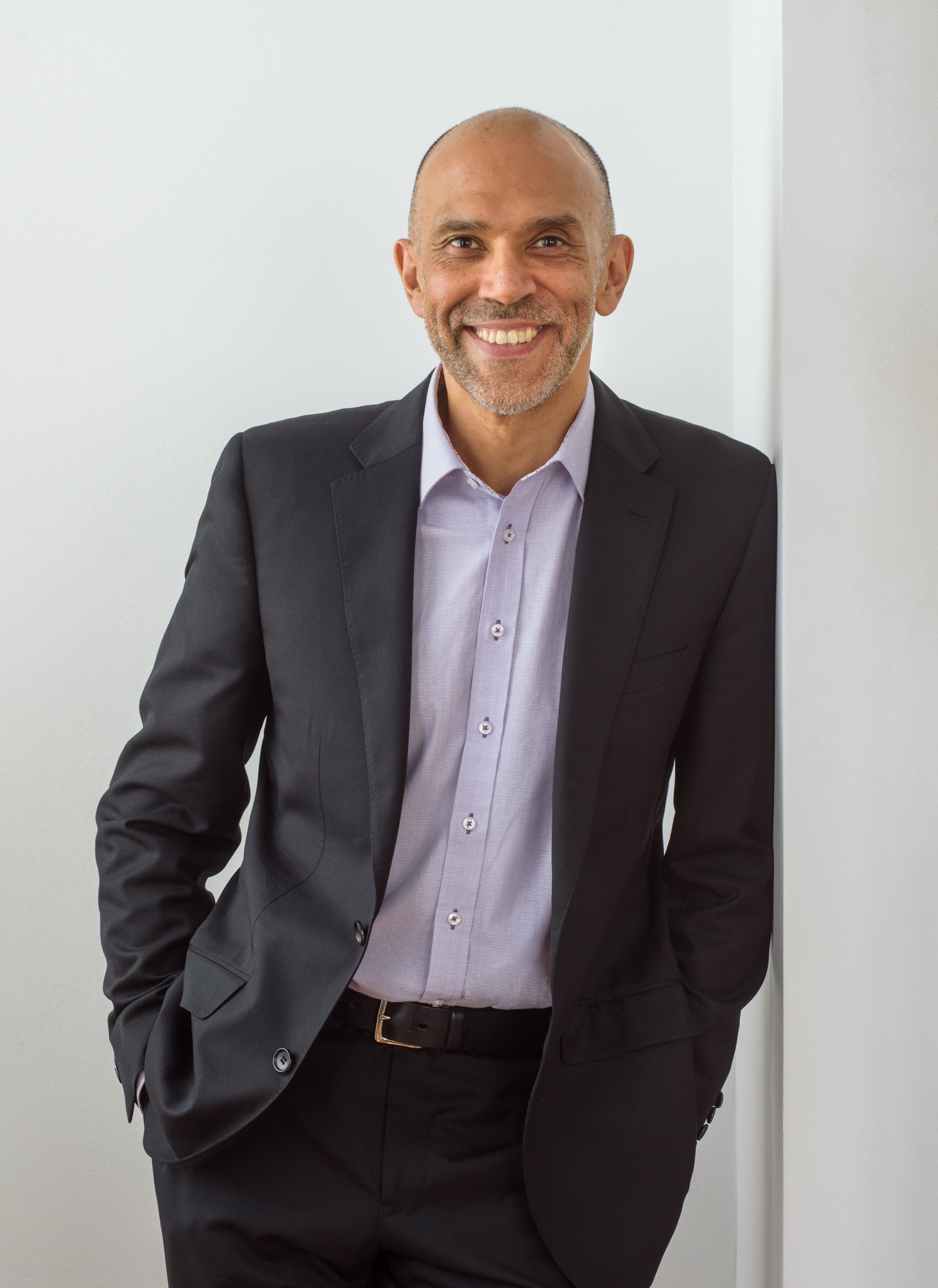



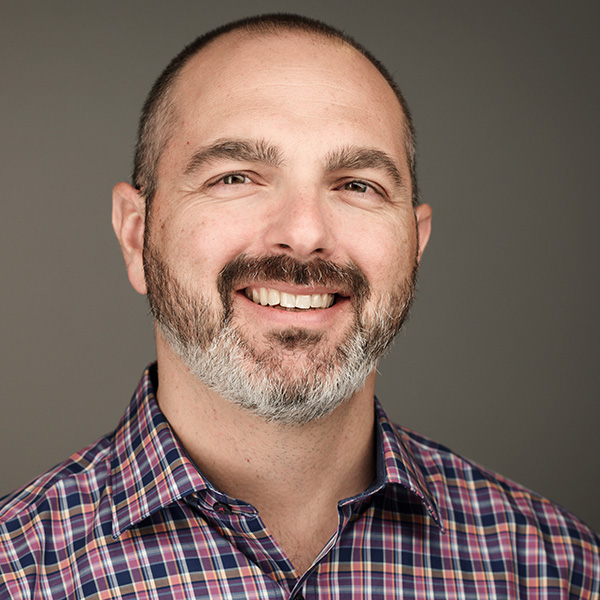
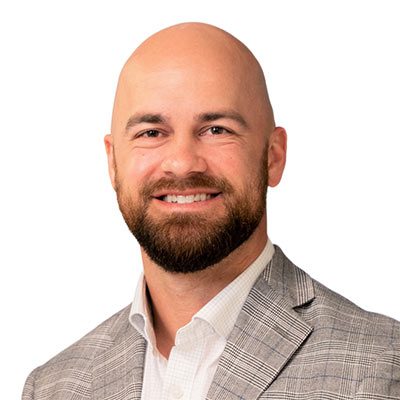
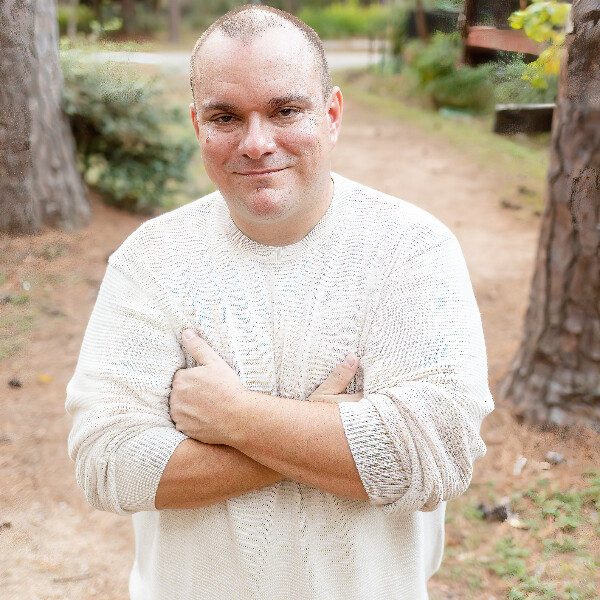




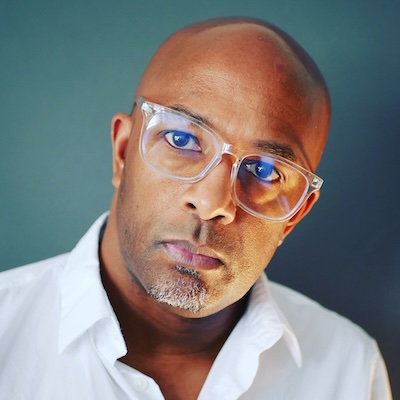


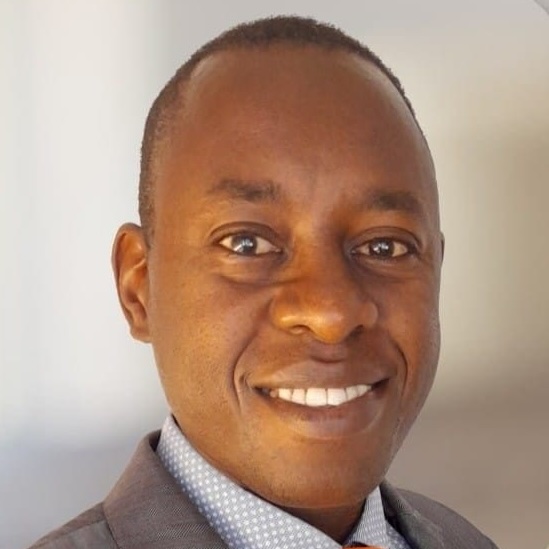



Already a Member? Login Here.
Not Yet a Member? Join the Conversation Today!